Text
Chemical Free Farming Tips
Chemical-free farming, also known as organic farming, focuses on cultivating crops and raising livestock without the use of synthetic chemicals such as pesticides, herbicides, and fertilizers. Here are some tips for chemical-free farming:
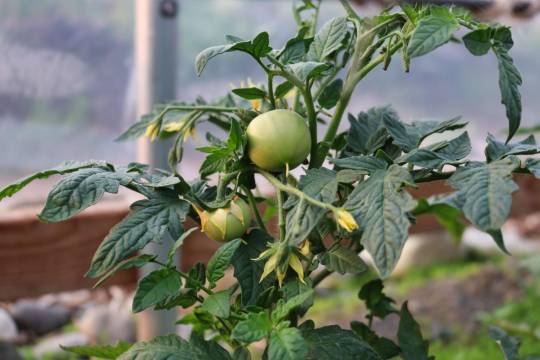
Crop rotation: Implement a crop rotation system where different crops are grown in a sequence over multiple seasons. This helps prevent the buildup of pests and diseases specific to certain crops, reducing the need for chemical interventions.
Composting: Create and utilize compost from organic waste, such as vegetable scraps, plant trimmings, and manure. Compost enriches the soil with nutrients, improves soil structure, and enhances its ability to retain moisture, reducing the need for chemical fertilizers.
Natural fertilizers: Use natural fertilizers like compost, manure, and organic amendments (e.g., bone meal, blood meal) to provide essential nutrients to the soil and promote healthy plant growth.
#RenewableEnergyNB#RenewableEnergyNBCanada #humbleOrganicFarmhttps://t.co/j07I3jqoNX
— Maple Garden Farm (@MapleGardenFarm) May 19, 2023
Mulching: Apply organic mulch, such as straw, leaves, or grass clippings, around the base of plants. Mulching helps suppress weeds, retain soil moisture, and improve soil quality, reducing the need for herbicides and frequent watering.
Biological pest control: Encourage natural predators and beneficial insects that control pests. Planting diverse crops and creating habitats for beneficial insects like ladybugs, lacewings, and predatory wasps can help keep pest populations in check.
Integrated pest management (IPM): Implement IPM strategies, which involve monitoring pest populations, using physical barriers, employing trap crops, and employing cultural practices to minimize pest damage. Only resort to approved organic pesticides or insecticidal soaps when absolutely necessary.
Water management: Optimize irrigation practices by using techniques such as drip irrigation or soaker hoses, which deliver water directly to plant roots. This minimizes water waste and reduces the likelihood of fungal diseases caused by excessive moisture.
Weed control: Utilize manual methods like hand-weeding, hoeing, or mulching to control weeds instead of chemical herbicides. Regularly remove weeds before they mature and spread their seeds.
Disease-resistant varieties: Select and grow plant varieties that are naturally resistant to common diseases and pests in your area. Disease-resistant plants are less likely to require chemical treatments.
Soil conservation: Practice soil conservation techniques, including maintaining adequate ground cover, preventing erosion, and avoiding over-tilling. Healthy soil with good structure and organic matter content is less susceptible to pests and diseases.
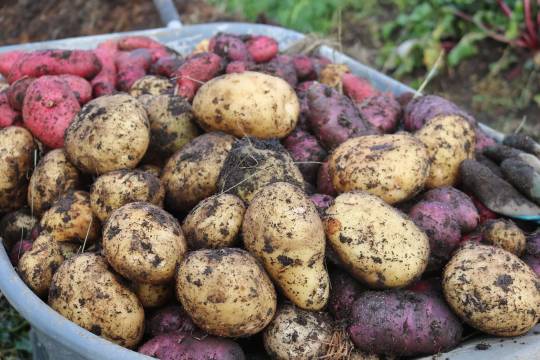
Remember that transitioning to chemical-free farming may take time and experimentation. Local organic farming associations, agricultural extension services, and experienced organic farmers can provide valuable guidance and resources specific to your region.
Joint blog Post by Chrystale Henry and Zilu Zhang at Maple Garden Farm – a off the grid humble Organic Farm (permaculture ) located on a 10 acre farm producing varieties of vegetables and other farm produce. Joint us on twitter, Facebook and follow our LinkedIn company page to learn more and get great tips on farming strategy and permaculture and alternative energy design ideas.
67 notes
·
View notes
Text
Understanding Renewable Energy for the Every day Consumer
Renewable energy is a form of energy derived from sources that are naturally replenished, such as sunlight, wind, water, geothermal heat, and biomass. It offers numerous benefits over traditional fossil fuel-based energy, including lower carbon emissions, reduced dependence on finite resources, and improved air quality. As an everyday consumer, understanding renewable energy can help you make…
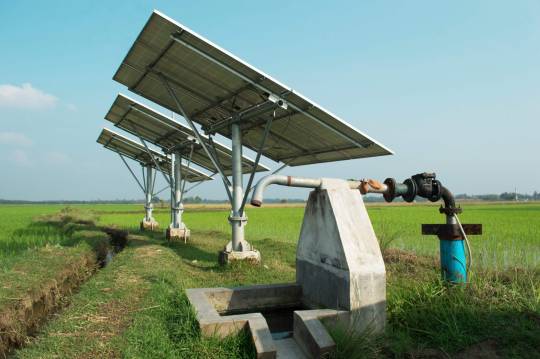
View On WordPress
2 notes
·
View notes
Photo

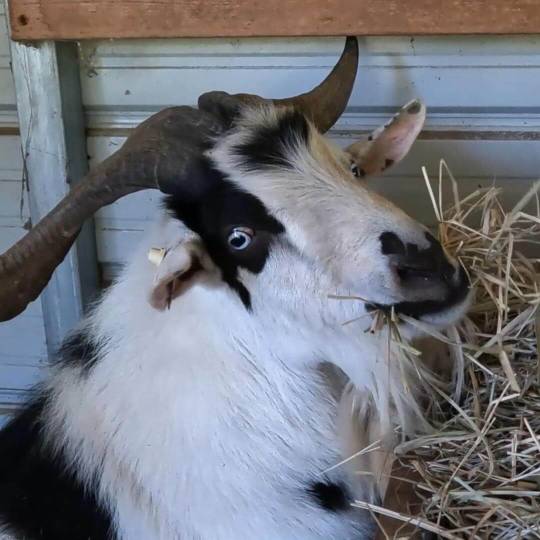
Check out my profile on Wattpad, I'm MapleGardenFarm2 https://www.wattpad.com/MapleGardenFarm2?utm_source=web&utm_medium=tumblr&utm_content=share_profile The Maple Garden farm will be based on the sound principles of conserving natural resources, limiting the carbon footprint, growing, hiring and eating locally grown and prepared foods,and making the world a better place to live in. This unique perspective will clearly shows in the quality of the pr...
2 notes
·
View notes
Text
Hydroponic vegetable farming
The Maple Garden farm will be a humble Organic Farm (Homestead ) located on a 10 acre farm producing initially 10 - 15 varieties of vegetables. Chicken Farmer Canada
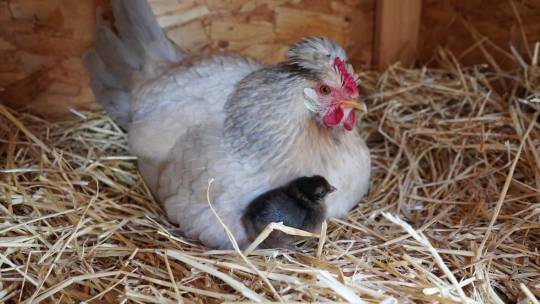
The Maple Garden farm will be based on the sound principles of conserving natural resources, limiting the carbon footprint, growing, hiring and eating locally grown and prepared foods,
and making the world a better place to live in. This unique perspective will clearly shows in the quality of the produce, the well cared for gardens, and natural friendliness and
ease of its owner.

Vegetable farming is the cultivation of vegetables for food, both for domestic consumption and for sale in local or international markets. Vegetable farming can be done on a small or large scale, and can involve a variety of techniques including traditional methods and modern technologies.
View Larger Map of Maple Garden Farm | Get Directions to Maple Garden Farm
Some common vegetables that are grown on vegetable farms include tomatoes, cucumbers, peppers, lettuce, carrots, onions, and potatoes. Farmers may grow these vegetables in open fields or in greenhouses, and may use irrigation systems and fertilizers to improve crop yields.
Vegetable farming plays an important role in providing food for the world's growing population, and can also contribute to local economies by providing jobs and income for farmers and others involved in the production and distribution of vegetables.
Chemical Free Farminghttps://t.co/4pkS2t4466#StartingafarminNewBrunswick#HowtodoOrganicFarmingatHome#OrganicFarminginCanada#FarmingInnovationsNB#MapleGardenFarm pic.twitter.com/ti6PJJX4Di
— Maple Garden Farm (@MapleGardenFarm) June 26, 2023
However, vegetable farming can also have negative impacts on the environment if it involves the use of harmful chemicals or leads to soil erosion and other forms of land degradation. As such, many farmers and researchers are exploring more sustainable and environmentally friendly methods of vegetable farming, such as organic farming and agroforestry.
Joint blog Post by Chrystale Henry and Zilu Zhang at Maple Garden Farm – a off the grid humble Organic Farm (permaculture ) located on a 10 acre farm producing varieties of vegetables and other farm produce. Joint us on twitter, Facebook and follow our LinkedIn company page to learn more and get great tips on farming strategy and permaculture and alternative energy design ideas.
#Vegetablefarmingbusinessplan#Vegetablefarmingpdf#Hydroponicvegetablesbenefits#Vegetablefarmvideo#Importanceofvegetablefarming#MapleGardenFarm
59 notes
·
View notes